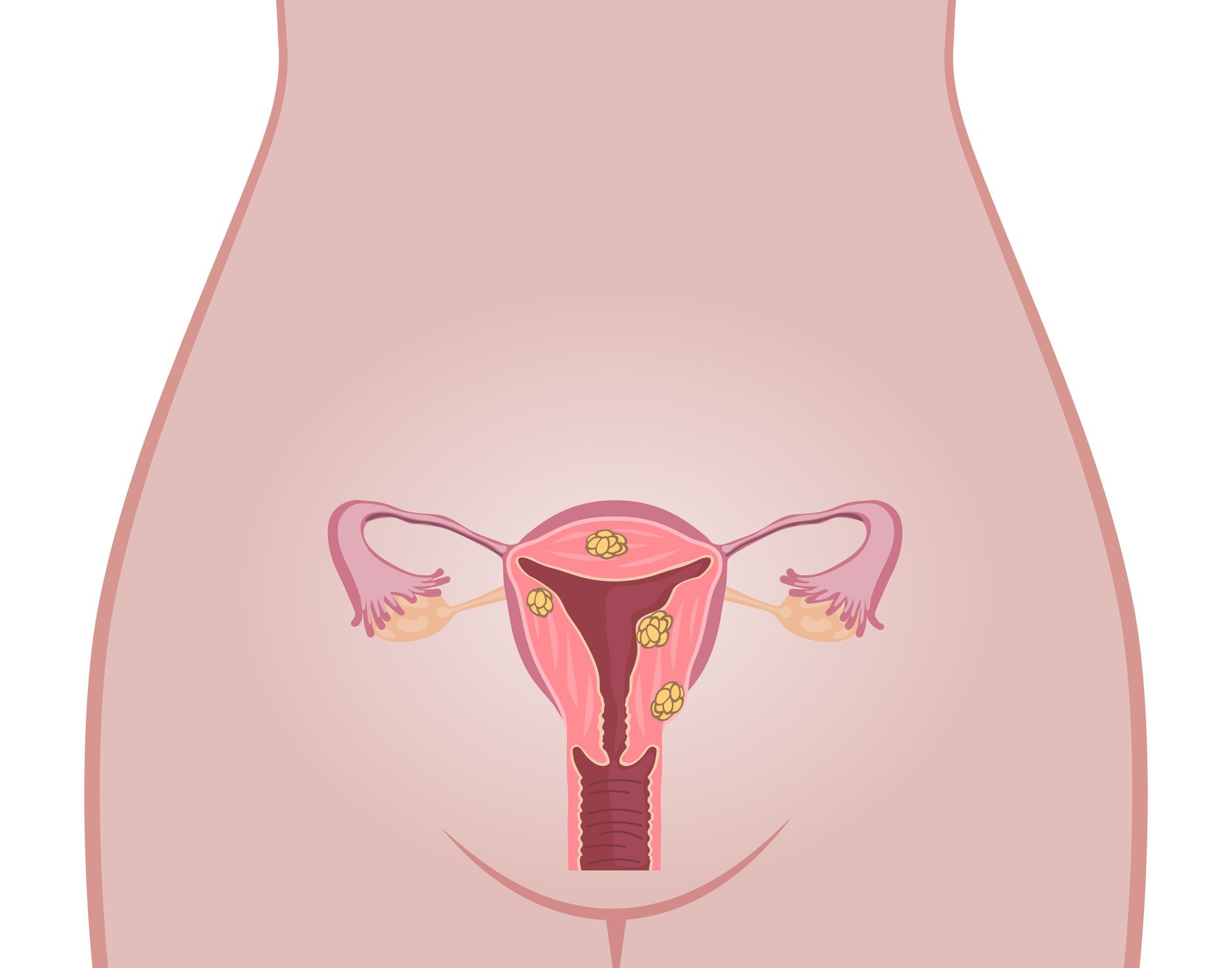Getting a hysterectomy-a surgery that involves removing part or all of your uterus-is a big deal, and it’s understandable that it might take some time to feel like yourself again, mentally and physically.
Nearly 30,000 women get hysterectomies each year in Australia, making it the second most common surgery among women.
“After a hysterectomy, there is a lot of healing in the pelvis that takes place,” says gynaecologic surgeon Dr Jessica Shepherd. Several factors go into how long the recovery process will be for you, including what type of hysterectomy you had and how your body responds to surgery.
You should see some improvement every day, but it can still take up to eight weeks to completely heal and feel better, says Dr Shepherd. You probably won’t feel like having sex immediately after your procedure (again, understandable), but at some point, you’re going to want to be intimate with your partner again. Here’s everything you can expect from your sex life post-surgery and the best way to ease into it.
First, why would a woman need a hysterectomy, anyway?

A variety of health conditions are treated through hysterectomy, such as uterine fibroids (the most common reason for the procedure), endometriosis or adenomyosis, heavy vaginal bleeding, chronic pelvic pain, and gynaecologic cancers (such as ovarian cancer or endometrial cancer). There are different types of hysterectomy, including:
- Total hysterectomy: The entire uterus is removed.
- Supracervical (subtotal or partial) hysterectomy: Only the top portion of the uterus is removed, while the cervix remains intact.
- Radical hysterectomy: The entire uterus, cervix, tissues surrounding the cervix, and upper part of the vagina are removed, usually as a form of cancer treatment.
In some cases, depending on if there are abnormalities present, the ovaries or fallopian tubes might also be removed. After the procedure, a woman will no longer have her period and can’t become pregnant. You will also experience symptoms of menopause, like hot flashes and trouble sleeping, if your ovaries were removed or have trouble releasing oestrogen post-op.
How long should you wait to have sex after a hysterectomy?
It can take up to eight weeks after your procedure to become sexually active again, says Dr Shepherd, depending on the type of hysterectomy you have. You shouldn’t put anything in your vagina (including tampons if you experience bleeding) for six weeks following the procedure.
However, given that every woman’s situation is different, it’s a good idea to talk to your doctor about your own timeline for recovery and when it’s okay to start having sex again, she notes. This is important, because if you have sex too soon after your surgery, you might feel more pain than pleasure and experience bleeding during or after sex if your vagina becomes irritated, she says.
So will sex always be painful? Can you still orgasm?
Around 10 to 20 percent of women will notice a dip in their overall sexual function-which includes anything that could affect overall sexual satisfaction-after they have a hysterectomy, according to a 2014 review of research published in Current Sexual Health Reports.
Many women eventually have better sex after a hysterectomy because they are no longer in pain.
The good news is, if your sex life was doing just fine before your hysterectomy, things should be just fine once you’re fully healed, too. In fact, most women eventually experience better sex because their previous conditions are no longer causing them pain or excessive bleeding. But you’ll definitely notice some physical changes after your surgery.
First, your vagina will become shorter and you may have a harder time feeling certain sensations in your genital area. However, no research has confirmed that your orgasm will suffer after a radical hysterectomy, and that most couples simply adjust to the changes.
If your ovaries were removed as part of your hysterectomy, vaginal dryness may become more of an issue, says Dr Shepherd. To combat this, she recommends using a vaginal oestrogen cream and plenty of lube before you have sex. Some women also find relief through vaginal moisturizers. Hormone therapy is also an option if your ovaries were removed, which will help increase the oestrogen in your body, she adds.
If you notice a dip in your libido, or start feeling depressed, don’t panic. Many women struggle to feel aroused after their operation, and even experience a sense of loss over the changes they’re experiencing within their bodies. Your first step is to talk to your doctor to make sure any surgical complications or medications aren’t exacerbating those emotions. Then, he or she may recommend speaking to a therapist as part of your recovery process.
How to get your sex life back after hysterectomy

Take it slow!
Ultimately, having open and honest communication with your partner-both before you have sex, during the act, and afterward-should help set you up for pleasure, says sex therapist Dr Jess O’Reilly. Try these tips before you hop into bed.
Have an honest chat
Before you have sex, it’s a good idea to talk to your partner about what to expect and any physical changes you’ve noticed, says sex therapist Debra Laino. The intensity of this discussion is ultimately up to you, but ongoing sexual communication under any circumstances is key to a healthy sex life.
Focus on foreplay
Because things might feel a bit dry down there, Laino recommends drawing out foreplay by giving each other massages to set the mood. “Set up a longer period of time for a sexual experience so there is no rush,” she says.
O’Reilly agrees. The more time you spend stimulating each other’s bodies, the more primed you’ll be for orgasms when you start penetrative sex. “Taking your time is almost always going to produce positive results,” she says. She recommends exploring each other’s bodies and touching slowly to build up pleasure (and lubrication).
“Try planting breath kisses all over your partner’s body. Breathe gentle kisses with wet lips close to the surface of their skin without touching,” she says. “As you breathe over their skin, their nerve endings will be awakened and circulation will increase, resulting in more sensitive reactions.”
Switch up your sex positions
“Some women will feel discomfort in positions that other women may enjoy,” Laino says, so try a variety to see what feels best for you. Your past go-to positions might feel different after your surgery, so experimenting will be part of the process.









